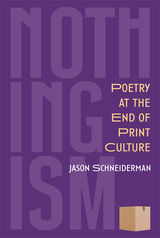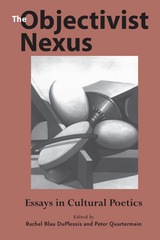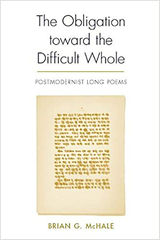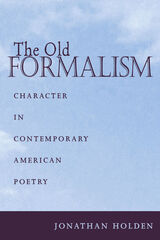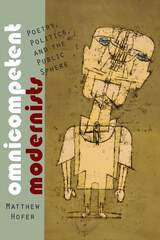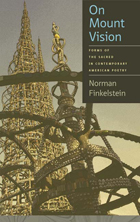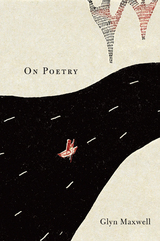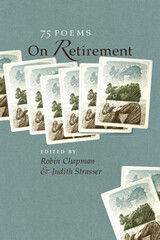The Critical Limits of Embodiment: Reflections on Disability Criticism, Volume 13
Duke University Press
Paper: 978-0-8223-6504-4
See other books on: Breckenridge, Carol A. | Embodiment | Reflections | Vogler, Candace | Volume 13
See other titles from Duke University Press
Paper: 978-0-8223-6504-4
ABOUT THIS BOOK
ABOUT THIS BOOK
Disability studies, a new field of inquiry in the human sciences, has the potential to unsettle many basic assumptions about the body, citizenship, capital, and beauty. This special issue of Public Culture explores disability criticism, an emergent subfield within disability studies.
The articles in this collection build on recent work in the larger arena of disability studies and address such subjects as the hegemony of the concept of normalcy, the idea of the able body, and the constitutive place of disability in ethics, liberalism, and capitalism. The Critical Limits of Embodiment examines the commonsense foundations of disability studies, which tend to universalize Western norms and assumptions in which the normal is foregrounded and the able body forms the basis for the universal liberal subject. The broad geographic scope of these essays constitutes one of their greatest contributions to the field. In order to query the body-related universalisms of Western thought, the issue seeks to be self-conscious about cultural locations.
The volume examines the figure of the disabled in the cultural imaginaries of a variety of historical, cultural, and disciplinary contexts including literature, anthropology, philosophy, and art history.
The articles in this collection build on recent work in the larger arena of disability studies and address such subjects as the hegemony of the concept of normalcy, the idea of the able body, and the constitutive place of disability in ethics, liberalism, and capitalism. The Critical Limits of Embodiment examines the commonsense foundations of disability studies, which tend to universalize Western norms and assumptions in which the normal is foregrounded and the able body forms the basis for the universal liberal subject. The broad geographic scope of these essays constitutes one of their greatest contributions to the field. In order to query the body-related universalisms of Western thought, the issue seeks to be self-conscious about cultural locations.
The volume examines the figure of the disabled in the cultural imaginaries of a variety of historical, cultural, and disciplinary contexts including literature, anthropology, philosophy, and art history.
Contributors. Renu Addlakha, Carol A. Breckenridge, Veena Das, Faye Ginsburg, Wu Hung, Eva Kittay, Celeste Langan, David Mitchell, Rayna Rapp, Susan Schweik, Sharon Snyder, Candace Vogler, Hank Vogler
See other books on: Breckenridge, Carol A. | Embodiment | Reflections | Vogler, Candace | Volume 13
See other titles from Duke University Press

